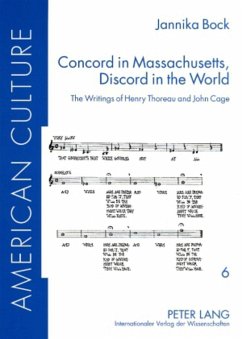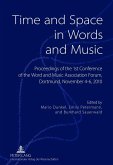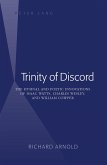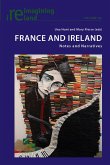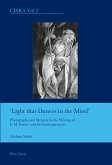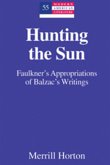«Reading Thoreau's Journal, I discover any idea I've ever had worth its salt,» notes the American composer John Cage in 1968. Upon reading the words of nineteenth-century nature philosopher Henry Thoreau, Cage is immediately fascinated with the Transcendentalist's ideas, in particular his views on music and silence. Recognizing his own beliefs in Thoreau's writings, Cage began to rely heavily on the thoughts of the nineteenth-century man and implement them as the basis for his own compositions - both musical and written. Drawing on the complete oeuvres of Cage's and Thoreau's written works, this book surveys the intertextual relation between the writings of the two men. In the juxtaposition of these authors' aesthetics, this book reveals surprising overlaps in the thoughts of Cage and Thoreau.
Bitte wählen Sie Ihr Anliegen aus.
Rechnungen
Retourenschein anfordern
Bestellstatus
Storno

